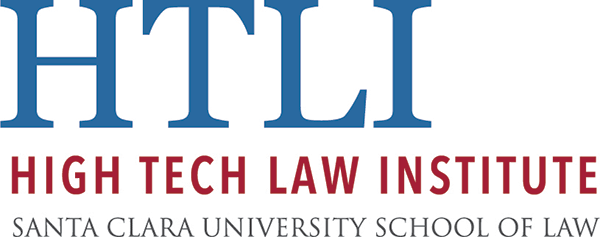A new report casts skepticism on the idea that “patent trolls” have a silver lining by creating a liquid marketplace where startups or VCs can sell or monetize their own patent assets.
Instead, the new report details the often-negative patent-assertion experiences of startups and venture capital investors (VCs), many of whom have been pursued for patent infringement by “non-practicing entities” (NPEs, or trolls) and others. The report, which surveyed 300 startup executives and VCs, was authored by Colleen Chien, associate professor of law at Santa Clara University School of Law, who is nationally recognized for her research and publications on domestic and international patent law and policy issues.
The report was issued by the New America Foundation’s Open Technology Institute (OTI). It is available at http://bit.ly/17BzrkQ.
The findings of the report provide a window into the experiences of VCs and startup executives from a range of sectors – including biotechnology, pharmaceutical, and IT/software – with patents and patent assertion. Survey data highlights include:
• Seventy-five percent of VCs and 90 percent of venture-backed startups with patent experience have been impacted by a demand from an NPE.
• Twenty percent of venture-backed startups responding with patent experience have been impacted by a demand from a NPE, and 40 percent of those respondents received a demand based upon their use of another’s technology.
• Forty-nine percent of VCs responded that a patent assertion by an NPE against a portfolio company led to one or more significant operational impacts including a delay in hiring (24 percent) or exiting the business or a business line (12 percent).
• Seventy-one percent of VCs responding to the survey agreed or strongly agreed that patents were vital for innovation in their industry, but 83 percent of those VCs impacted by an NPE said that they were hurting innovation.
The report also includes “Views from the Trenches,” with testimonials from VCs, startup founders, and patent practitioners about the unique challenges that they have faced in dealing with the patent system.
The report also provides recommendations on how existing and potential legislative, judicial, and market-based responses can be tailored to better meet the needs of startups and resource limited companies including:
• Fully fund the PTO and its patent quality initiatives including tightening functional claiming and expand low-cost access to the PTO’s transitional program and other forms of post-grant review.
• Make patent cases about the merits, not about who can outlast or outspend the other side.
• Make patent risks more manageable for startups by requiring demand letters and complaints to disclose the real-party in interest.
• Make startups less attractive targets by limiting the liability of downstream users and the precedential value of the settlements signed by small companies.
About the Open Technology Institute
The Open Technology Institute is a program of the New America Foundation that formulates policy and regulatory reforms to support open architectures and open-source innovations, and facilitates the development and implementation of open technologies and communications networks. To learn more, please visit http://oti.newamerica.net.

Leave a Reply